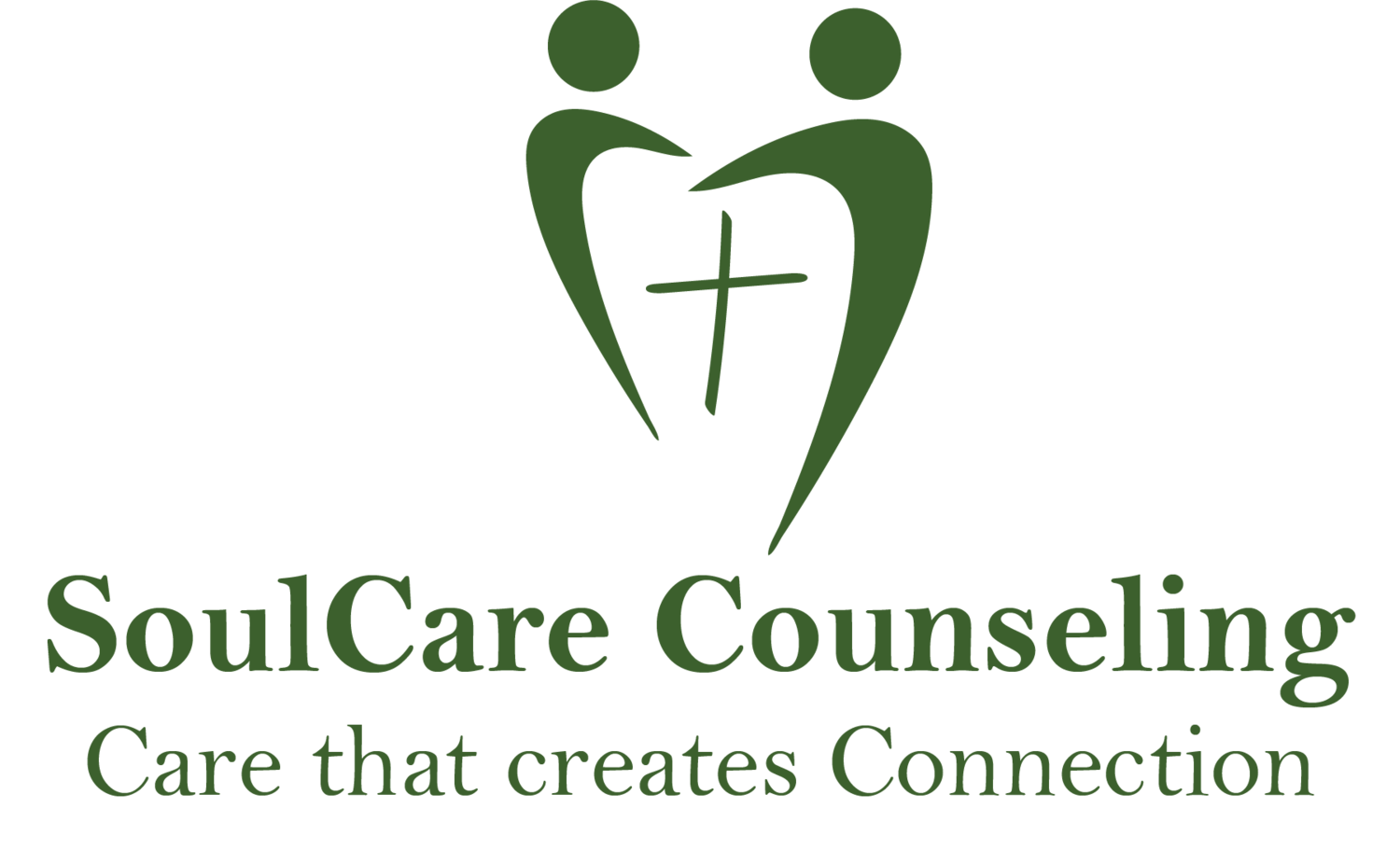The Best Treatment For Anxiety And Depression
The founder of Emotionally Focused Therapy, Dr. Sue Johnson, wrote a blog for EFT therapists in November of 2021 that I think is worth rephrasing into layman’s terms and sharing here.
Anxiety and Depression: Mental Illnesses or Emotional Disorder?
Many mental health professionals pathologize anxiety and depression. That is, they see these issues as illnesses, which they then label and treat with medical approaches. But in Emotionally Focused Therapy, we don’t think of anxiety or depression as mental illnesses; rather we group them together as emotional disorders. EFT therapists see people as emotional beings seeking connection above all. When a person has problems regulating their emotions, they will deal with their feelings in problematic ways that create a feedback loop of disconnection that fuels more negative emotions, which fuels more negative behaviors, which in turn fuels more disconnection, ad infinitum until the negative cycle is broken.
John Bowlby is the father of attachment theory (a foundational theory of EFT). He said that “clinical conditions” (such as anxiety and depression) are best thought of in terms of disordered versions of what start out as healthy responses to difficult situations. So, from the beginning, there has been this “de-pathologizing” point of view where therapists who come from an attachment perspective don’t look at people’s problems as sicknesses, but rather as problems ordering responses to hard situations.
Dr. Johnson says that she sees this in her counseling practice. Often people come in numbed out and shut down. They can’t tune in to their own emotions or communicate with others emotionally, and they are stuck in isolation. They tend to have a very narrow view of themselves and other people. But when they talk about their own story, many of these people grew up in situations where it made sense for them to shut down, numb out, and go still and silent.
Not Anxiety or Depression; Anxiety and Depression
We have found that anxiety and depression have a significant co-morbidity rate. In other words, they very often “co-occur,” or appear together. Therefore, when we treat one, we more than likely impact the other. What we have found in attachment theory and in EFT is that a core factor in both anxiety and depression is emotional isolation. Scientific studies show that the most traumatic and debilitating experience for humans in terms of development and growth of our personality is emotional isolation.
How To Treat Anxiety And Depression
If EFT therapists don’t treat anxiety and depression as illnesses, then what do we do? We begin by validating that it made sense at the time to protect themselves by ordering their responses to whatever happened as they have, but that now that protection has become a prison. We don’t take that away from them; we agree with them and talk to them about how they are stuck in this pattern. When we listen to our clients, we find that they have good reasons for their dysfunctional reactions that keep them in anxiety and depression. These coping mechanisms, ways of thinking, and ways of regulating their emotions, make sense for them and may have even saved their life in a particular situation. The problem is that these ways of seeing, of regulating, emotion and connecting with other people have become rigid and self-perpetuating, and can’t be changed for new situations.
In EFT, we don’t label people. While we may use the terms “depressed” or “anxious” or “trauma,” those labels are not our focus. Rather, we focus on the process. We focus on how our clients’ life circumstances and the limited choices open to them have set them up to deal with experience and other people in particular ways, and why they are stuck. We know that if we give them a safe haven and a secure base in our counseling sessions, they will then be able to go into and regulate their emotions. The new experiences that we give them in the counseling room help them to revise their working models of self and other, and to experiment with new behaviors, so they can grow and get un-stuck.
This perspective is very different from other counseling models. It focuses on inner processes, not labels of mental illnesses. It is focused on how people construct anxiety and depression, on emotional realities and how people engage with others. But the focus in Emotionally Focused Therapy on these processes is what starts to shape and shift and make lasting change.
My thanks to Dr. Sue Johnson for this insightful and helpful blog. I hope that I helped make it accessible for you, as a layman, to understand. If you are struggling with anxiety and/or depression, I urge you to read more about Emotionally Focused Therapy as well as our other blogs on anxiety treatment. And this might be a good time to reach out to us to schedule a free thirty-minute consultation with one of our EFT therapists.
Dr. Bernis Riley holds a Doctor of Psychology degree, is a Licensed Professional Counselor – Supervisor, and is certified in Emotionally Focused Therapy. She is the Clinical Director of SoulCare Counseling, and is currently accepting new clients.



